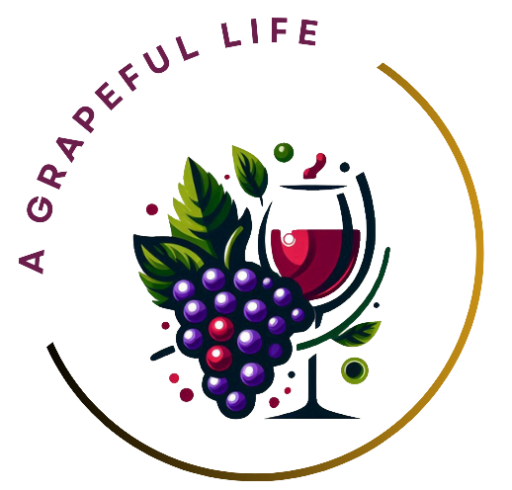Organic wine certification might sound like another buzzword, but it’s deeply rooted in both tradition and innovation. Back in the day, winemakers didn’t have access to synthetic fertilizers and pesticides, so they relied on what we now call organic methods. In today’s world, an organic wine certification means that the wine is made from grapes grown without chemical pesticides, herbicides, and synthetic fertilizers.
Globally, standards for what qualifies as organic can differ significantly. Europe, the United States, and Australia, for instance, have their own specific rules and certifying bodies like the USDA in the United States or the ECOCERT in Europe. These organizations examine various aspects, including soil health, pest management, and fermentation processes, to ensure compliance with organic standards.
Under these certifications, grapes must be grown without synthetic inputs, and the winemaking process itself is often scrutinized. In the US, if you see “Made with Organic Grapes” on a label, it means the wine has lesser organic criteria to meet compared to ones labeled “Organic Wine,” which must exclude added sulfites.
The essential idea behind organic wine certification is not only about skipping the chemicals. It’s about promoting biodiversity and maintaining ecological balance. This people-first, eco-friendly approach often appeals to consumers who care about health, the environment, and social responsibility. By understanding these basics, it becomes easier to appreciate what goes into that bottle of organic wine.
The Impact of Organic Certification on Wine Quality and Producers
Organic certification doesn’t just add a label to a bottle; it can significantly affect the wine’s quality and the lives of the producers behind it. Winemakers often note enhanced flavors due to the soil’s natural richness when cultivated organically. Free from chemicals, these wines can express a truer sense of place, often delighting discerning palates.
But getting that certification isn’t just a walk in the vineyard. Transitioning to organic means adapting to rigorous practices, which isn’t a breeze. Producers have to manage pests without conventional chemicals and often have to invest in natural solutions, which require time and money. For some vineyards, it can take three years or more to achieve certification. It’s a commitment that isn’t small but can bring significant payoff.
Then there’s the economic angle. While organic wines might cost more to produce, consumers are increasingly willing to pay a premium for that mark of quality and care. Organic certification bestows a kind of trustworthiness, signaling to customers that the wine is made with an eye toward sustainability and ethical production.
Winemakers who have achieved organic status often speak of better customer relationships. They find that people appreciate the transparency and effort that goes into their products, and they often form stronger brand loyalties as a result. Knowing your wine supports better environmental practices can make the tasting experience richer.
For producers, the rewards are as much about personal satisfaction as they are about profit. There’s pride in knowing your vines thrive with nature’s help. It’s about cultivating not just grapes, but a legacy of responsibility and quality.
How to Identify and Choose Certified Organic Wines
Navigating the wine aisle and trying to pick an organic option can feel overwhelming, but a little know-how simplifies the process. Start by looking for certifications on the wine label. These typically include symbols or phrases like ‘USDA Organic’ or ‘ECOCERT,’ depending on where the wine comes from. These marks assure you that the wine meets specific organic standards.
When choosing a quality organic wine, consider the region and grape varieties that you enjoy. Some regions, like parts of France or California, are known for producing exceptional organic wines, thanks to their rich winemaking heritage and favorable growing conditions.
Price can be a factor, too. Organic wines might sometimes cost a bit more, but you’re investing in sustainability and a purer, often more flavorful, product. It’s not just about the organic label—it’s about the story behind the wine; how it was made and its impact on the world.
Food pairing also plays into choosing the right bottle. Organic wines, with their expressive flavors, can beautifully complement meals. A well-chosen wine can elevate both casual dinners and special occasions.
Thinking beyond the label can deepen your appreciation for organic wines. Consider supporting wineries that incorporate broader sustainable practices like eco-friendly packaging or biodynamic farming. Every small choice moves towards a more sustainable future, and that’s worth raising a glass to.
